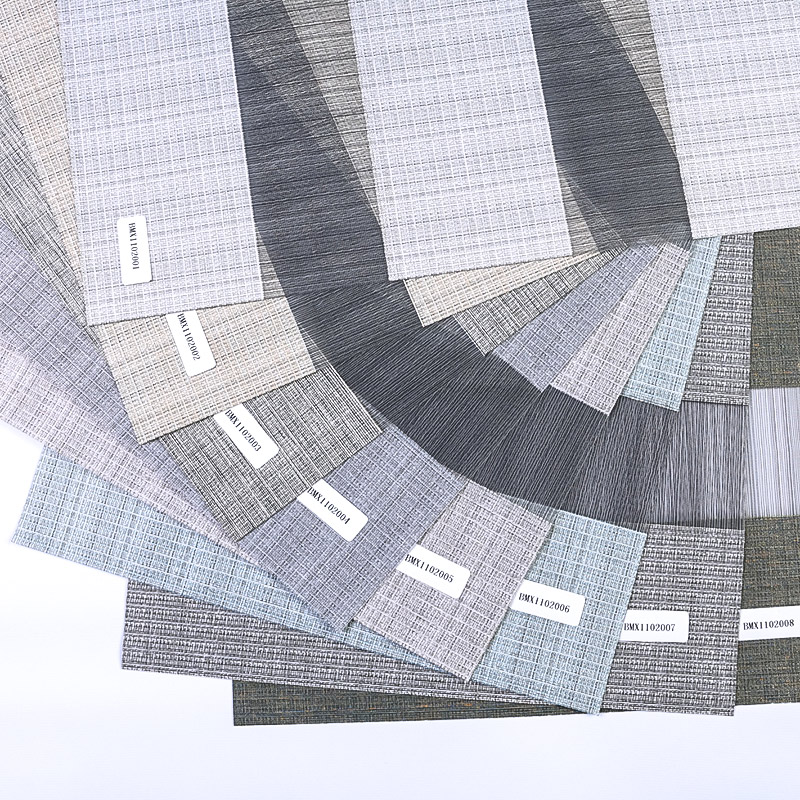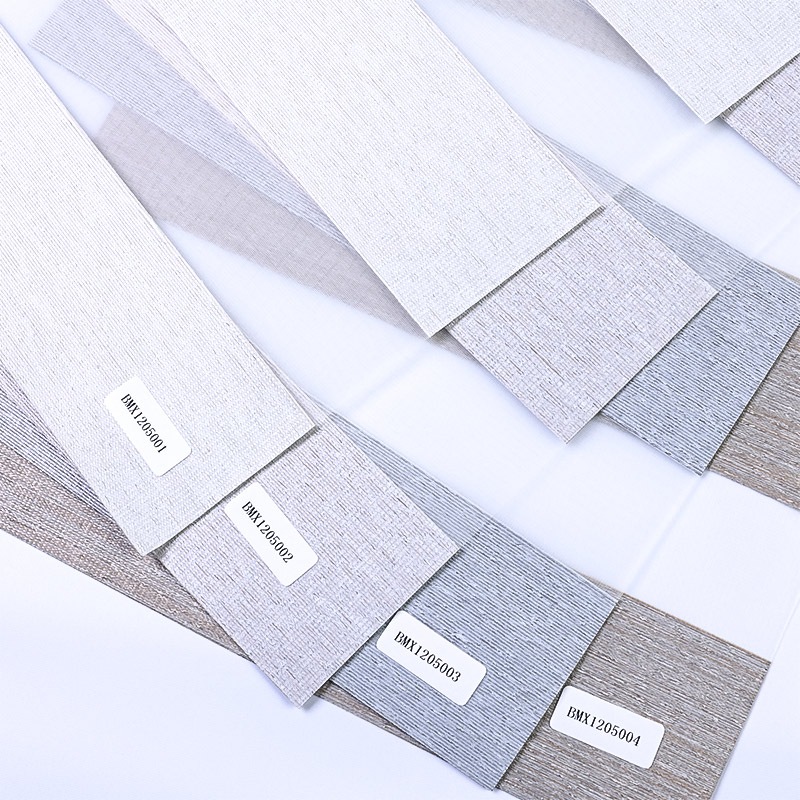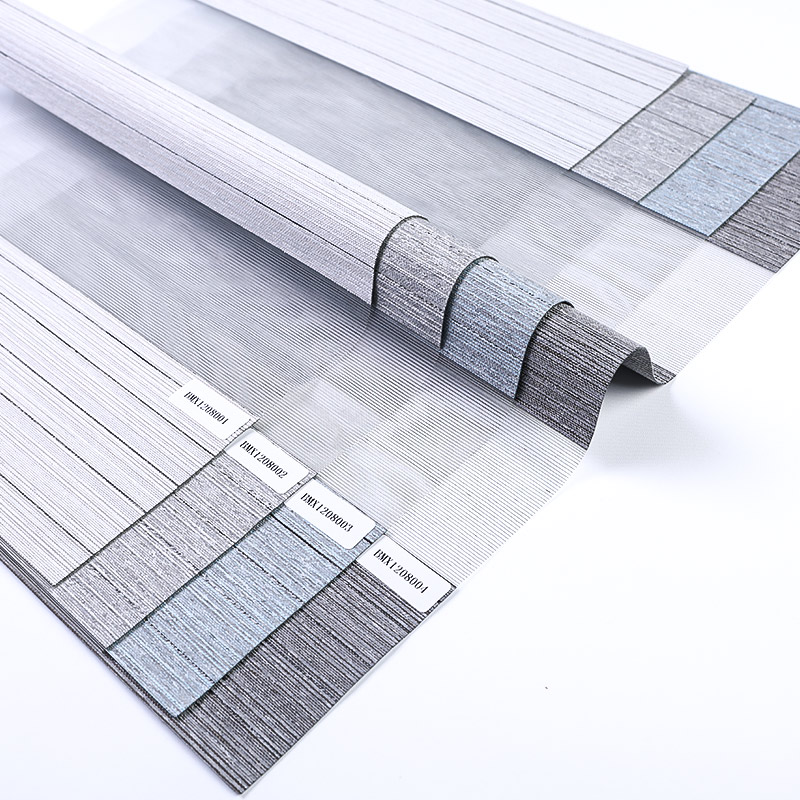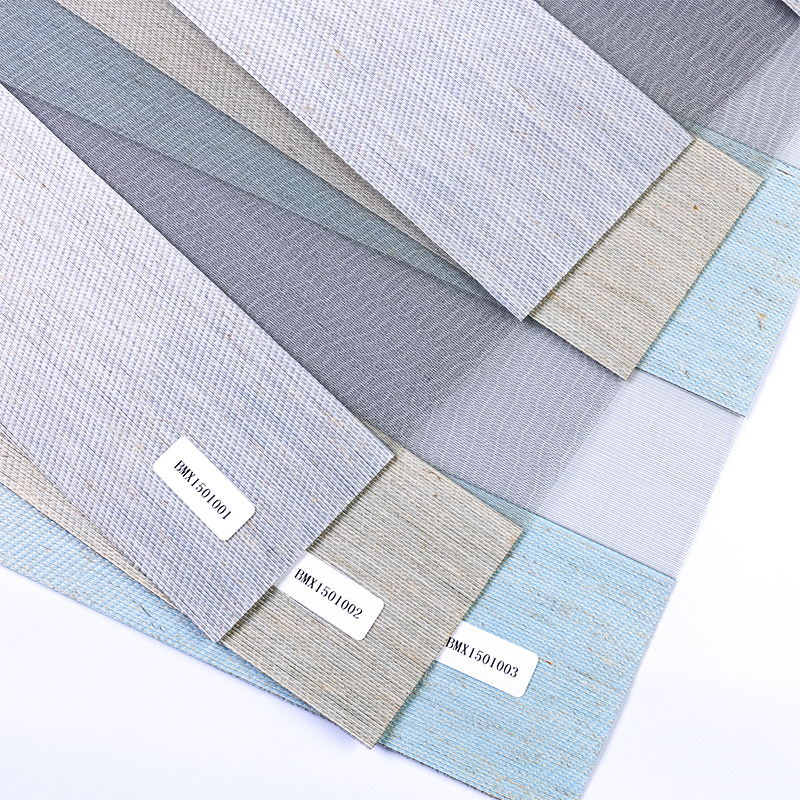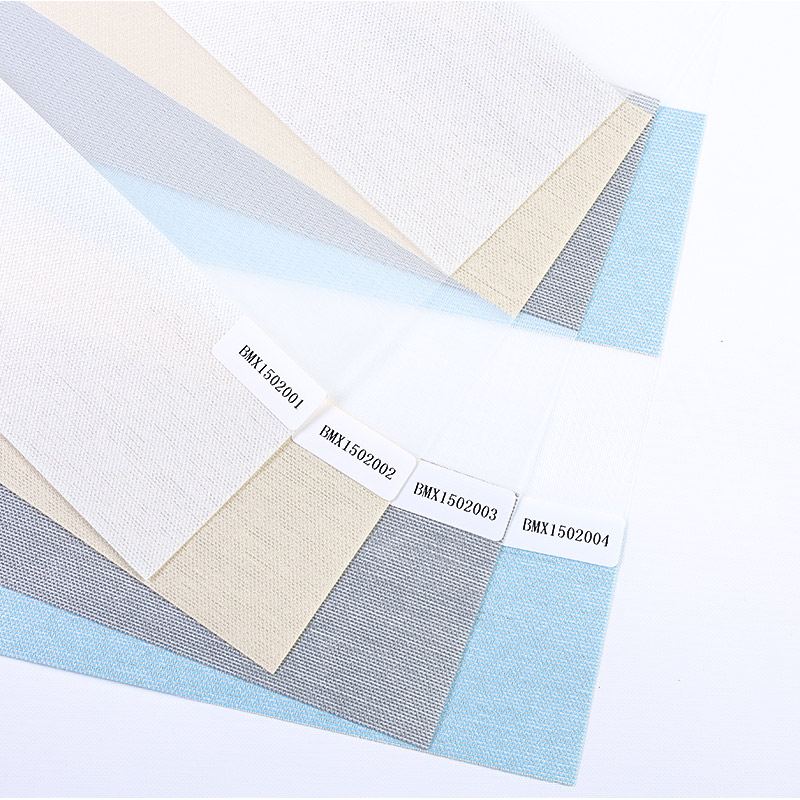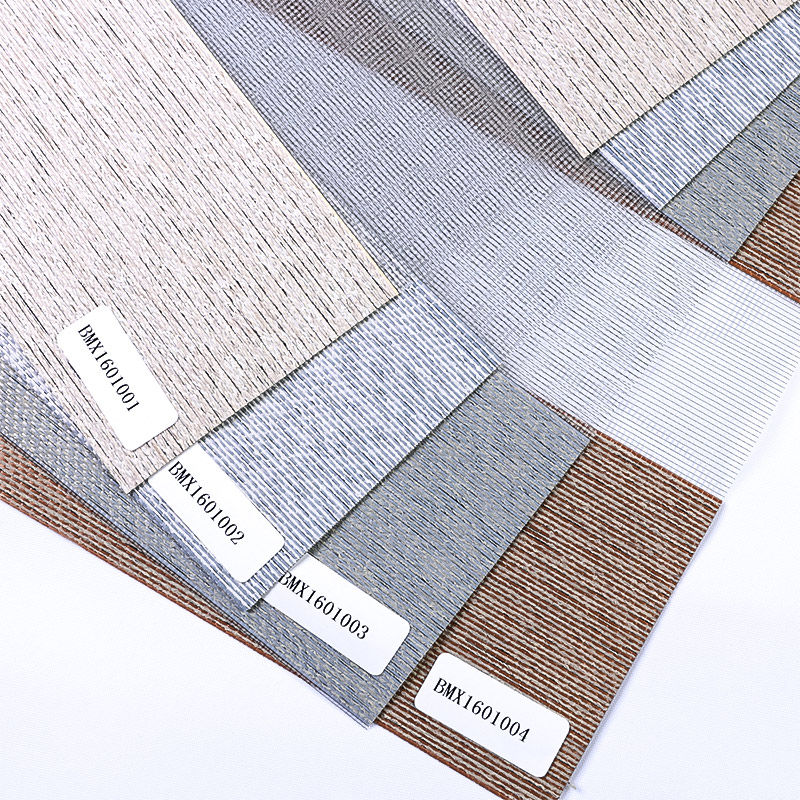Environmental factors such as sunlight exposure and temperature fluctuations can significantly impact the lifespan of roller blind fabrics. Here's how:
1.Fading due to Sunlight Exposure:
Prolonged exposure to ultraviolet (UV) rays from sunlight can lead to fading of roller blind fabrics. UV rays break down the chemical bonds in the fabric's dyes and pigments, causing colors to lose their vibrancy and brightness. This not only diminishes the aesthetic appeal of the blinds but also indicates a structural breakdown of the fabric.
2.Weakening of Fibers and Structural Integrity:
UV rays weaken the molecular structure of fabric fibers. Over time, this degradation leads to a reduction in tensile strength, making the fabric more susceptible to tears and fraying. Weakened fibers compromise the overall structural integrity of the roller blind, diminishing its functionality and lifespan.
3.Material Deterioration due to Sunlight:
Fabrics made from natural fibers like cotton or linen are particularly vulnerable to sunlight exposure. UV rays can cause these fibers to deteriorate, leading to a brittle texture and loss of suppleness. As the fabric weakens, it becomes prone to damage and deterioration, shortening its usable lifespan considerably.
4.Impact of Heat and Thermal Stress:
High temperatures, especially in enclosed spaces with limited ventilation, subject roller blind fabrics to thermal stress. This stress can result in warping, shrinking, or stretching of the material. Such alterations affect the blinds’ ability to fit properly within the window frame and can impair their smooth operation, making them less durable over time.
5.Mold and Mildew Growth due to Humidity:
Roller blinds located in humid environments, such as kitchens and bathrooms, are at risk of mold and mildew growth. Humidity, combined with temperature fluctuations, creates an ideal breeding ground for these microorganisms. Mold and mildew not only compromise the fabric's integrity but also pose health risks. Regular cleaning and using mildew-resistant fabrics are essential preventive measures.
6.Condensation and Its Consequences:
Fluctuations in temperature can lead to condensation forming on roller blind fabrics, especially in spaces where there are rapid temperature changes. Condensation introduces moisture, fostering an environment conducive to mold growth. Additionally, constant wetting and drying weaken fabric fibers, making them more prone to damage and reducing the blinds' longevity.
7.Effect of Freezing Temperatures:
Roller blind fabrics exposed to freezing temperatures become rigid and brittle. In such conditions, the fabric loses its flexibility, making it vulnerable to cracking and tearing, particularly when being manipulated. Freezing temperatures amplify the likelihood of irreparable damage, necessitating replacement much earlier than expected.
Addressing these challenges necessitates investing in high-quality roller blind fabrics designed to withstand UV exposure and fluctuations in temperature and humidity. Regular inspections, proper cleaning, and adequate preventive measures can significantly prolong the lifespan of roller blind fabrics in diverse environmental conditions, ensuring their longevity and optimal performance.
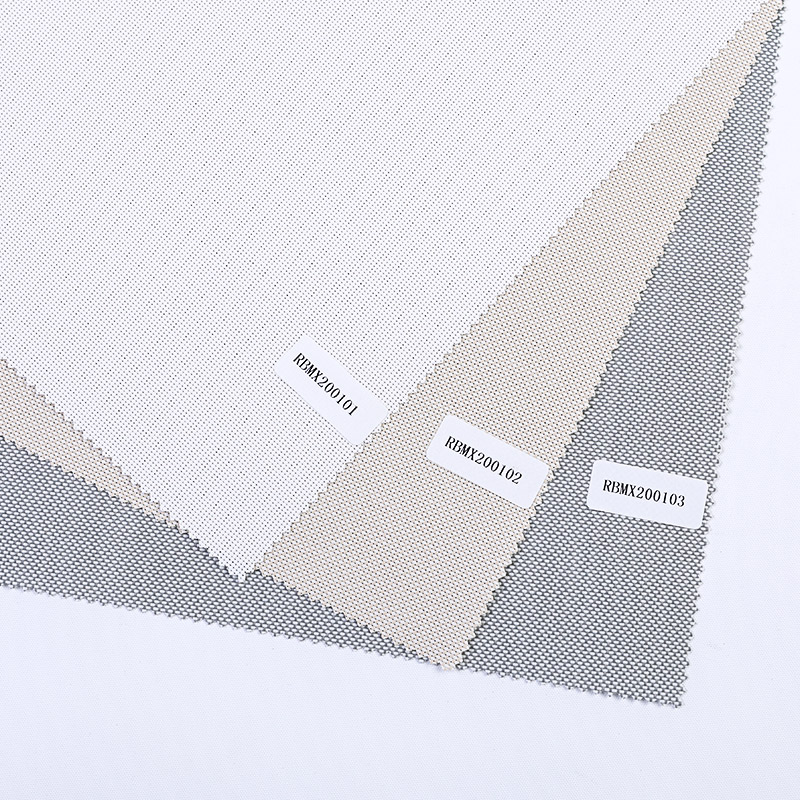

Material: 100% polyester
Fabric style: Roller blind fabirc
Standard: Bead Rope
Opening and closing method: Upper and Lower Biparting Open
Craft: Plain
Installation method: Ceiling Installation, Exterior Installation, Side Installation, built-in
Applicable space: Kitchen, Patio, Closet, Bathroom, Bedroom, Dining Room, Dorm Room, Entryway, Indoor and Outdoor, Living Room, Kids Room, Office, Hallway, Outdoor, Desktop, Baby Care Room, Laundry Room
Size: Wide Blade


 EN
EN  英语
英语 中文简体
中文简体